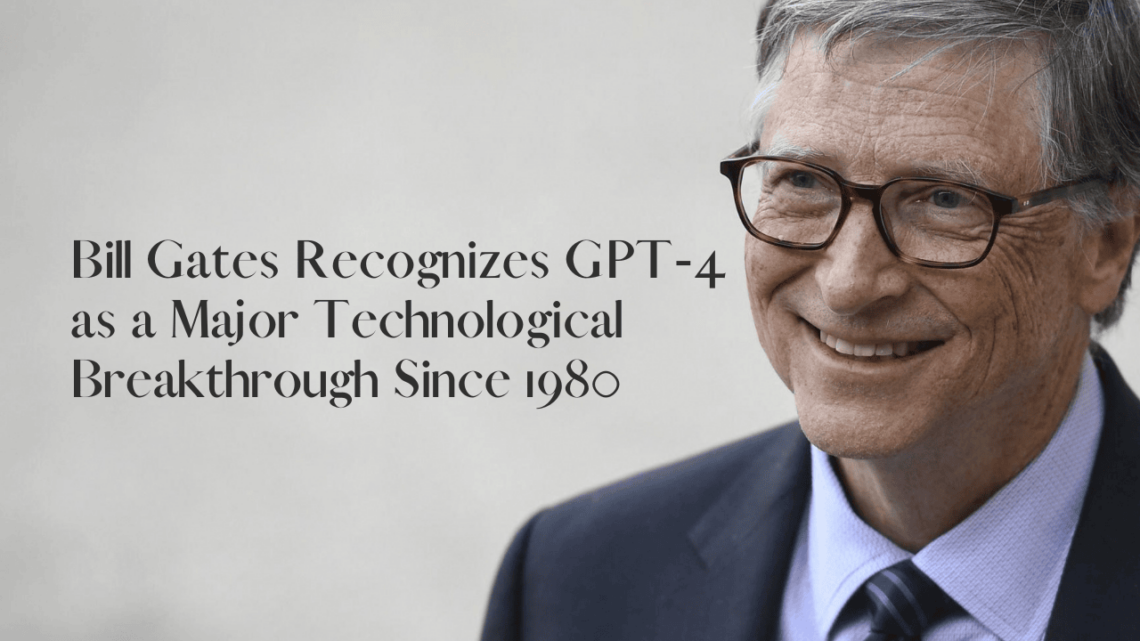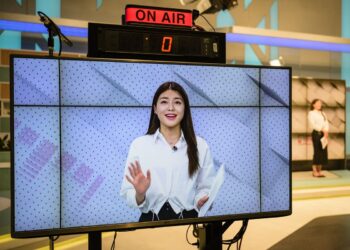Microsoft co-founder Bill Gates has lauded OpenAI’s GPT-4 artificial intelligence model as the most groundbreaking technological innovation he has witnessed since the advent of the graphical user interface (GUI) in 1980. The GUI revolutionized computing by replacing command-line interactions with visually-based desktop environments, paving the way for Windows, Microsoft’s flagship software.
Gates observes that OpenAI’s GPT models, which can produce human-like text and generate nearly functional computer code, are on a similar trajectory. In a recent blog post, he recounted challenging the OpenAI team in 2022 to develop an AI model capable of passing the Advanced Placement Biology exam. GPT-4, released to the public last week, achieved a perfect score, as confirmed by OpenAI.
Gates expressed awe at the achievement, deeming it “the most important advance in technology since the graphical user interface.” He emphasized the transformative potential of AI, comparing its significance to that of the microprocessor, personal computer, internet, and mobile phone. He believes AI will reshape industries, redefine businesses, and revolutionize how people work, learn, travel, access healthcare, and communicate.
Gates joins influential tech figures like former Google CEO Eric Schmidt and former Amazon CEO Jeff Bezos in recognizing the monumental impact of AI and machine learning on the technology landscape. Current business leaders, such as Nvidia CEO Jensen Huang, also acknowledge the vast opportunities presented by AI applications and tools. Huang likens the field’s growth to an “iPhone moment,” when a groundbreaking technology becomes widely adopted and spurs innovation in new products and businesses.
Microsoft and OpenAI share a close relationship, with the former investing $10 billion in the latter and offering some of its AI software through Azure cloud services. Gates advises cautious optimism when discussing AI, urging people to weigh concerns about bias, errors, and unfriendly tools against the technology’s potential to enhance lives. He also encourages governments and philanthropic organizations to support AI-driven initiatives in education and healthcare in developing countries, acknowledging that private companies might not prioritize such investments independently.








